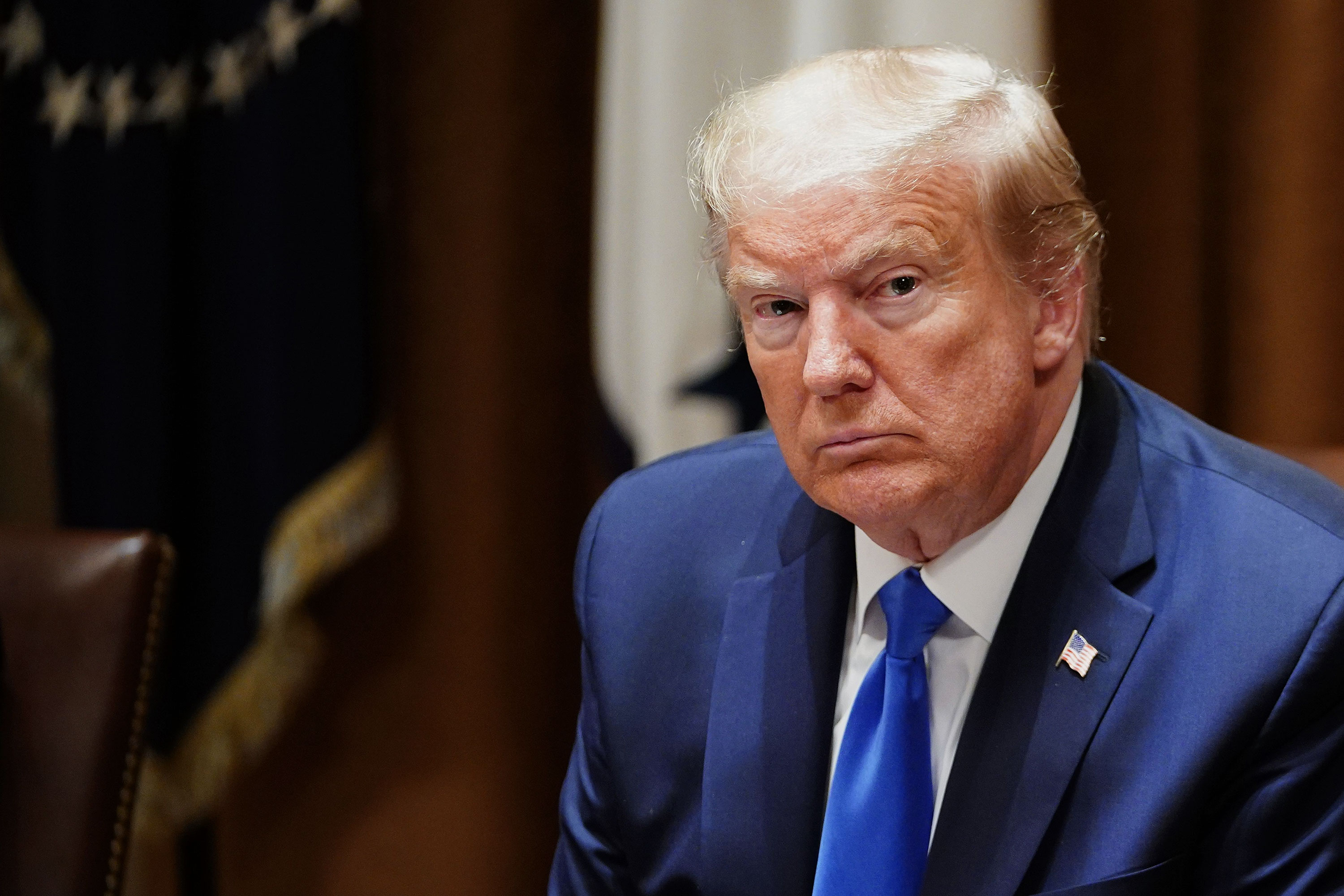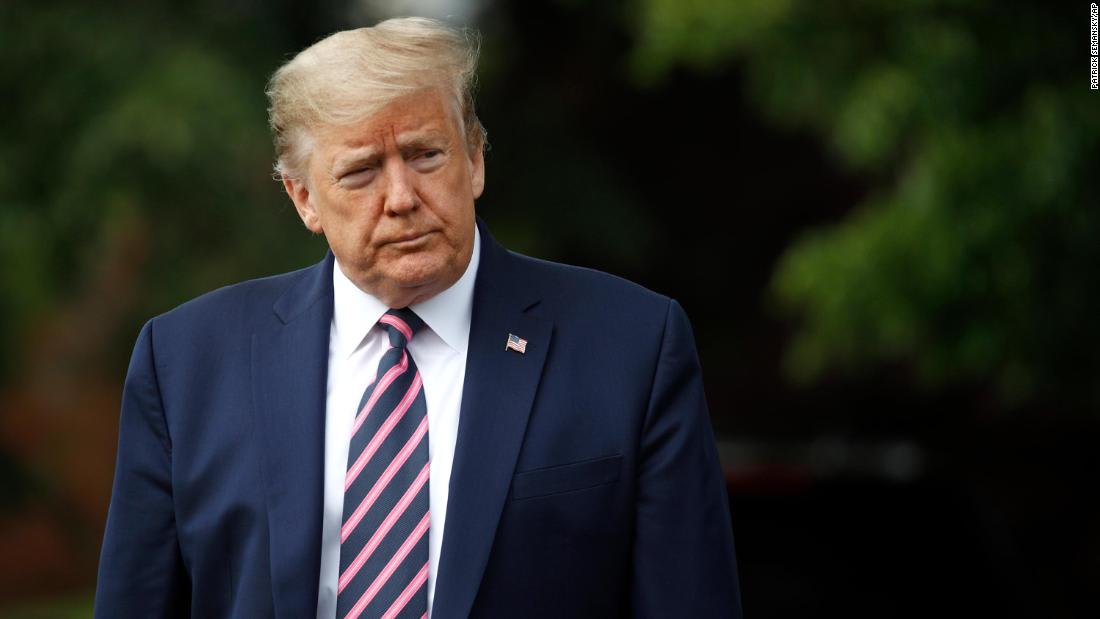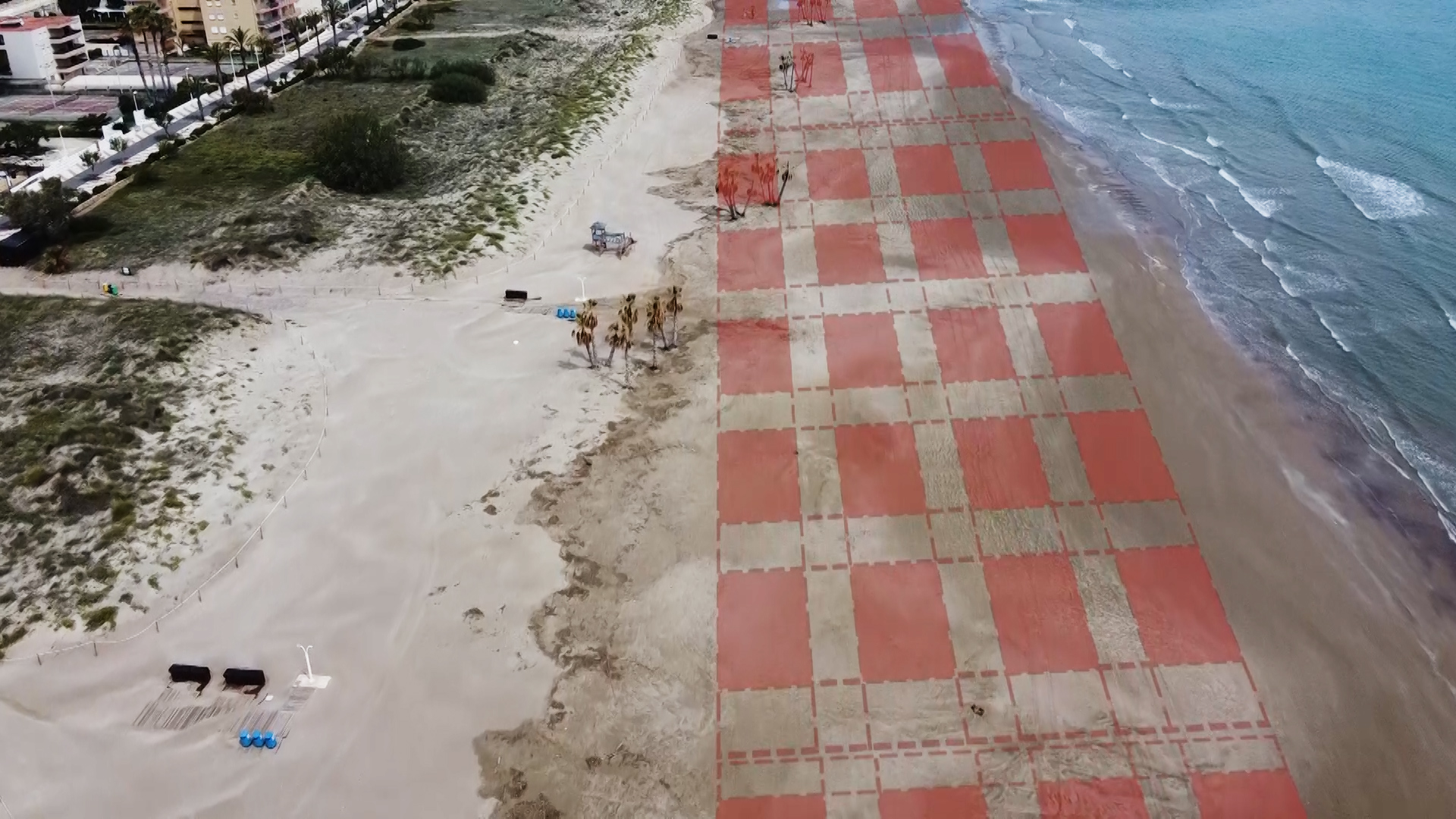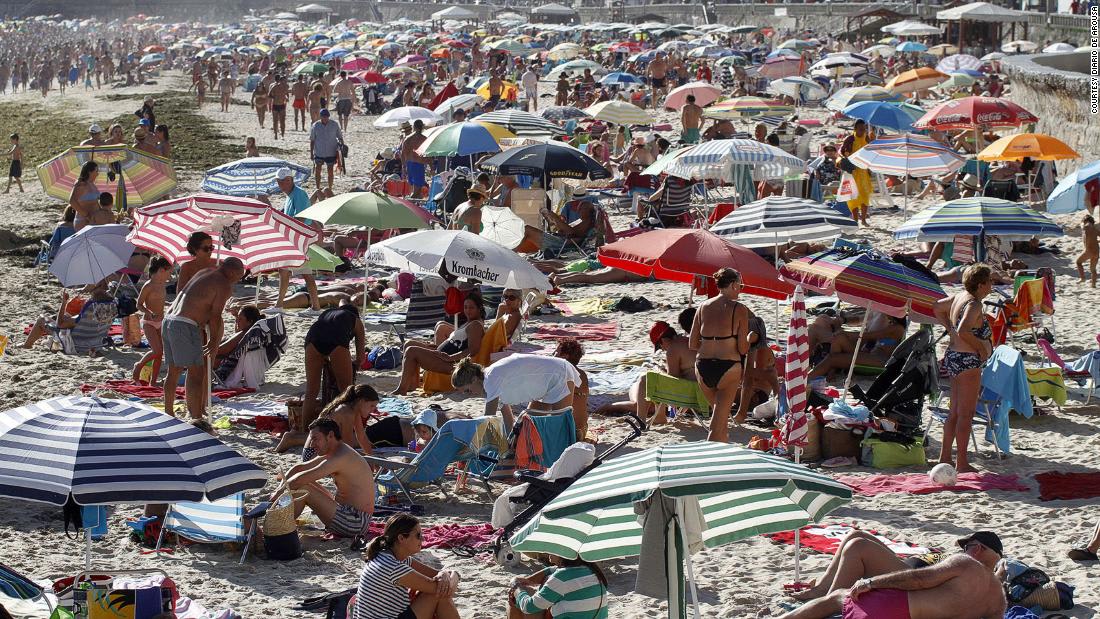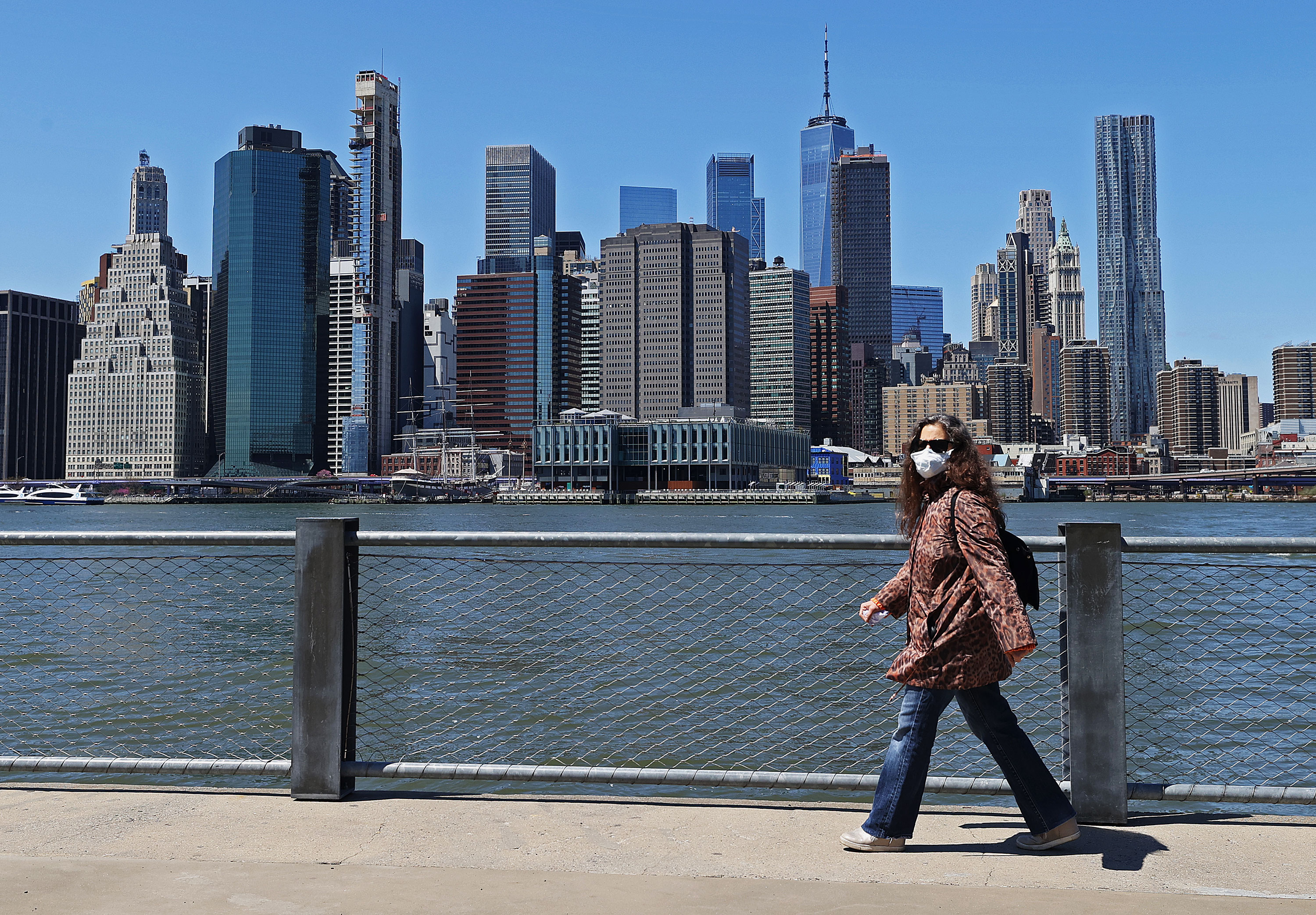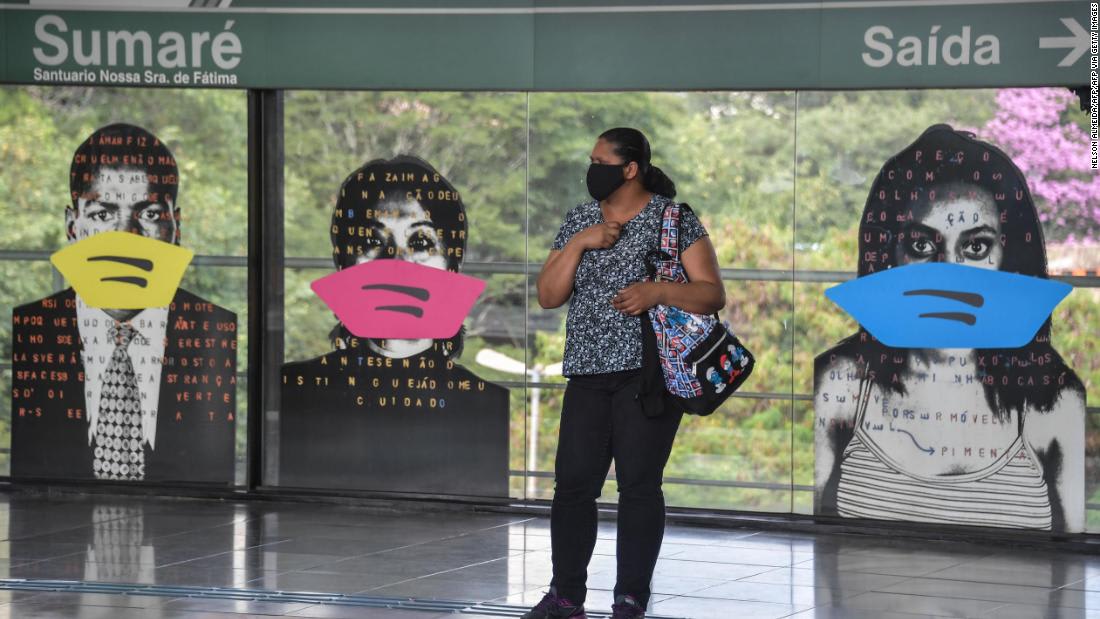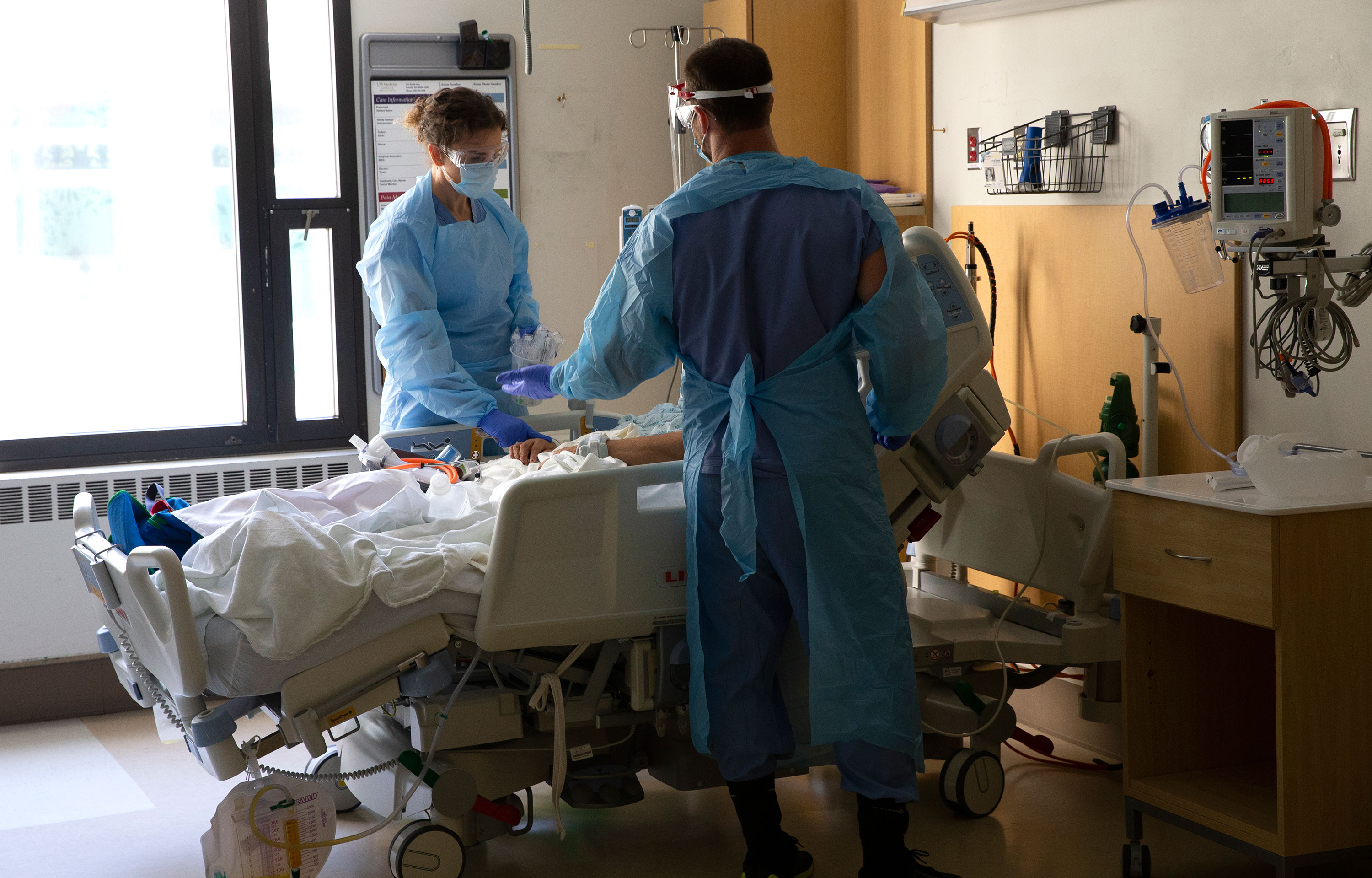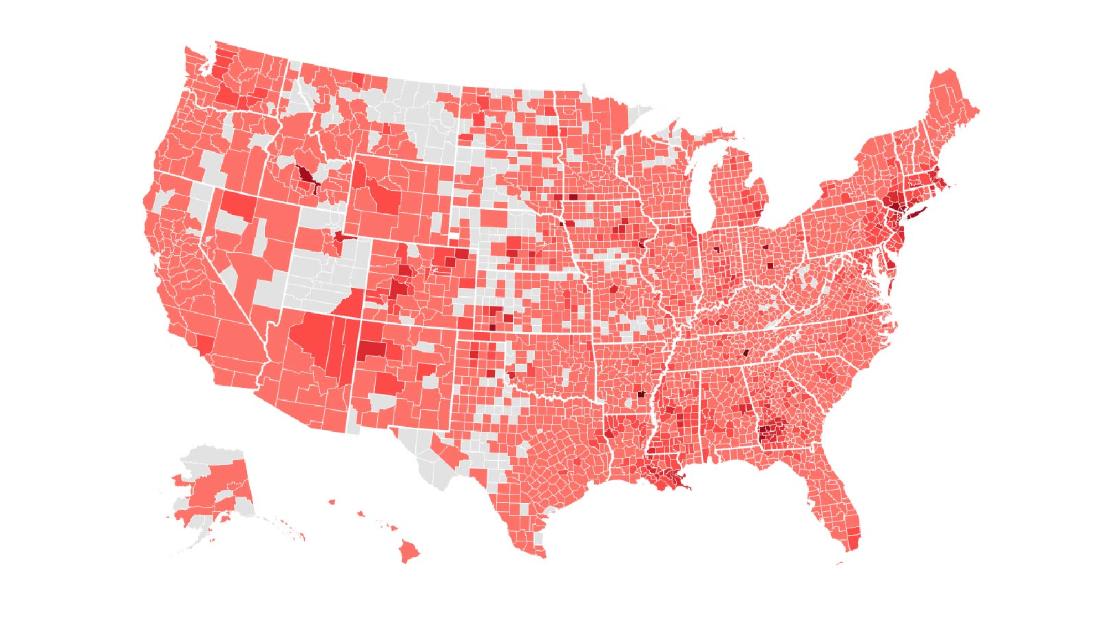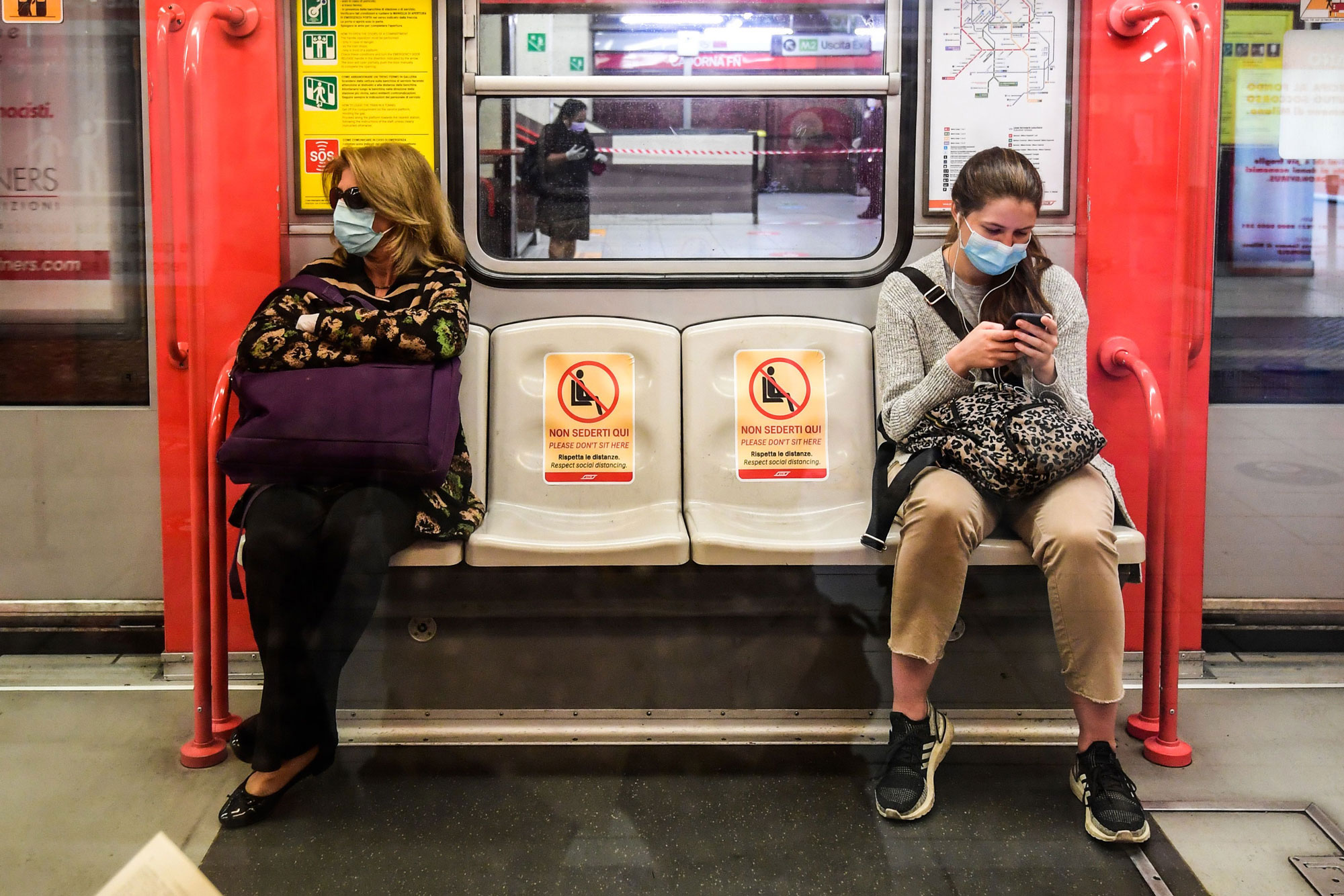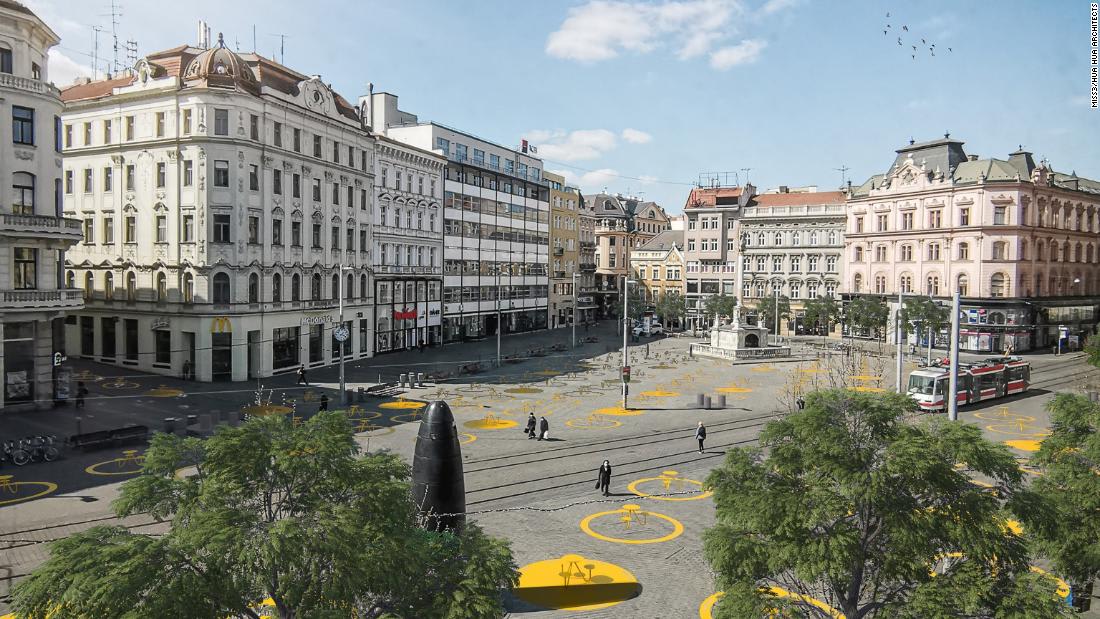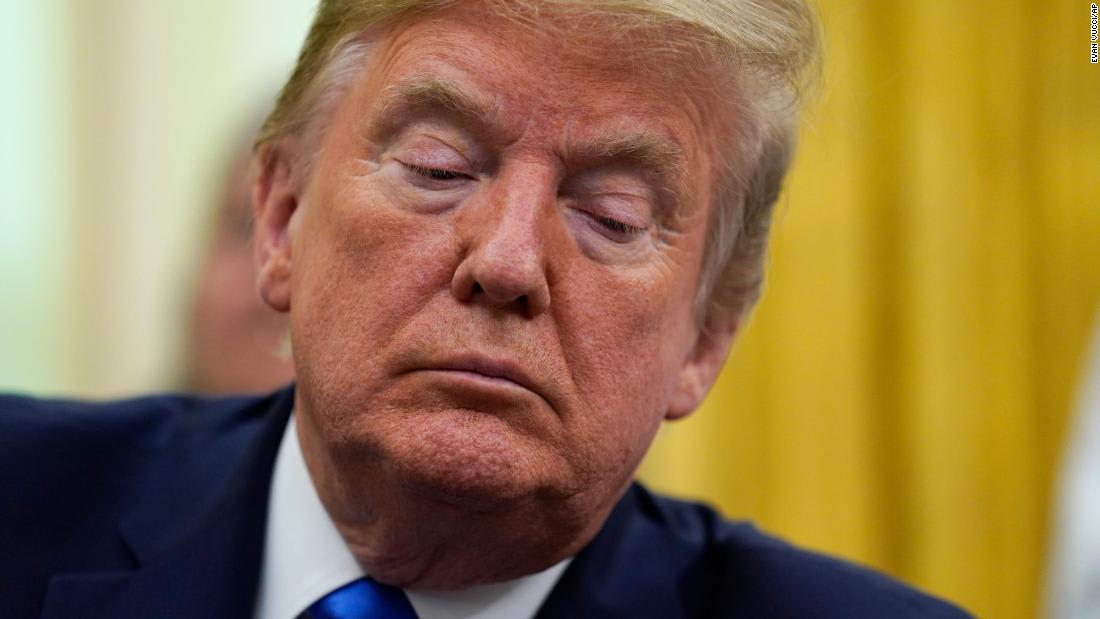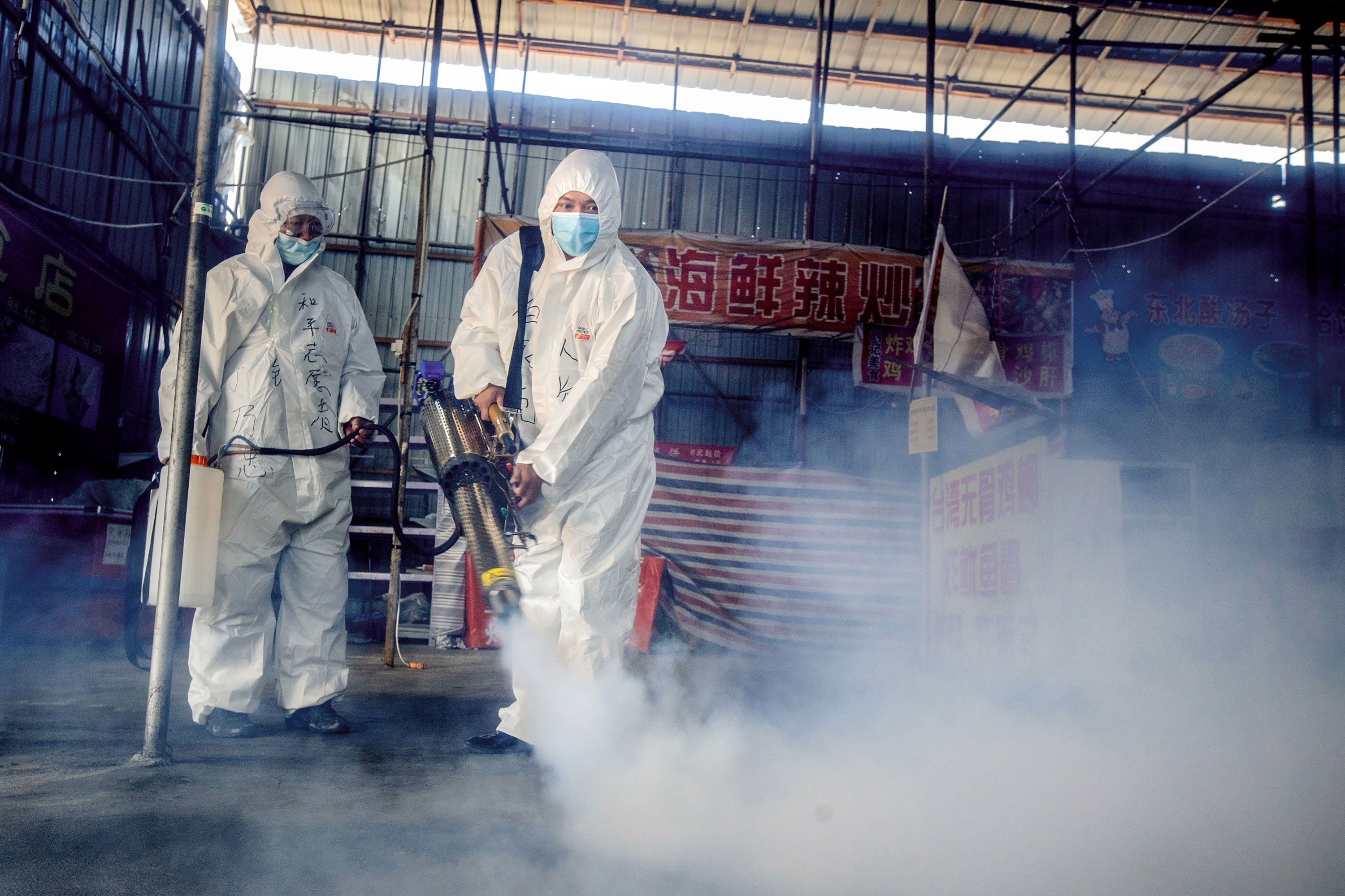South Korea registered 34 new coronavirus cases on Saturday, its biggest single-day jump in infections since April 9, according to the country’s Centers for Disease Control and Prevention (KCDC).
The spike in cases is believed to be linked to Seoul's nightclub scene -- specifically to a 29-year-old man who tested positive for the virus on Thursday, after visiting three night clubs in Seoul on May 2.
Until recently South Korea had almost completely contained its epidemic, with new cases being reported in single-digits in the days before the new cluster emerged.
As of Sunday noon, 54 cases had been linked to the nightclub cluster, 43 of whom had visited the night spots in question, while 11 were people who came into contact with those who had been there.
Officials said at least 1,946 people who had visited the establishments in question were being tracked down and put into self-isolation, the mayor Park Won-soon said.
On Sunday, President Moon Jae-in warned of a second wave of the epidemic during his televised speech to mark the third anniversary of his inauguration.
“It’s not over until it’s over. While keeping enhanced alertness till the end, we must never lower our guard regarding epidemic prevention,” Moon said. “It will be a long time before the Covid-19 outbreak has ended completely. We should also brace for the pandemic’s second wave.”
South Korea has recorded 10,874 cases of the virus, and 9,610 people have recovered, according to KCDC. Among the new cases, 26 were locally transmitted.
The death toll stands at 256 with no new deaths reported on Saturday.
